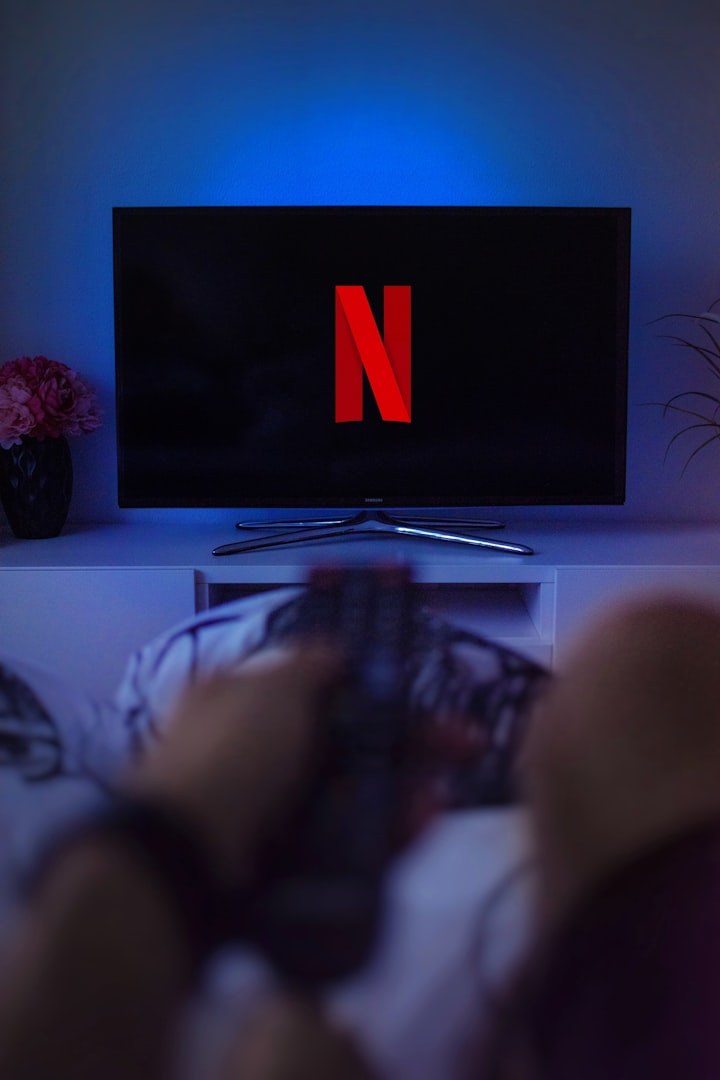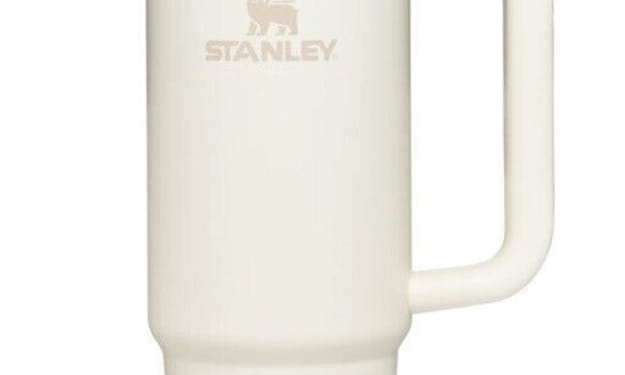
In 2007, JP Morgan’s analyst, Barton Crockett, put out a statement wherein he said that Netflix is facing tougher competition from Blockbuster than initially expected. After this news came out, the stock price of Netflix went down by 5%.
But Netflix was able to strategically navigate this situation. In fact it went on to generate a return of more than 10,000% from 2007 to 2018.
In 2022, Netflix is in trouble again and coincidently, the situation is very similar to that of 2007.
First up, a little history lesson
This story that dates back to 1997, when the Blockbuster failure saga started. Back then, Blockbuster was a movie rental service that had physical stores of DVDs all across the United States.

Blockbuster was a billion-dollar company with more than 6,000 stores in the US alone and had a revenue of $3.91 billion.
But the problem was that 16% of that revenue came from late fees, which was annoying millions of its customers.
That is when one of the customers got fined an exorbitant amount of $40 in late fees. It annoyed him so much that he went on to start a company of his own. This man was none other than Reed Hastings and the company he founded — Netflix.
He was so pissed that the very tagline of Netflix was no late fees
The Netflix Model

Netflix started as a subscription-based DVD in-mail service. Instead of going to a physical store, you could order the DVD online. They would deliver the DVD within 2–3 days. When you return the DVD you had, they will send you another one.
All of this was offered at affordable subscription fees and without any late fees.
While on the other hand, Blockbuster was extremely adamant about keeping its late fees and made millions of dollars out of its customers’ pain.
Blockbuster Counterpunch?

In 2004, Blockbuster understood that DVD in-mail service is a big market, and they decided to start their DVD in-mail service as a direct competition to Netflix.
Blockbuster’s physical stores were accessible to 90% of the American population. Thus they could distribute the DVDs way quicker than Netflix’s 2–3 days turnaround time. They were all set to crush Netflix.
But Blockbuster still failed. Why?
They did not use the network of their physical stores. Instead, they spent close to $500 million to set up a new supply chain. But even then, their market share kept growing rapidly, and by 2007, they started eating into Netflix’s revenue.
Netflix lost 55,000 subscribers in 2007. This is when JP Morgan put out the statement saying that Netflix is facing tougher competition from Blockbuster than initially expected.
Netflix and Kill
This is when Netflix changed its business model, which finally ended Blockbuster.
They identified two major threats to their business.
- The first one was the obvious threat from Blockbuster. They knew Blockbuster’s DVD in-mail could have delivered much better service than Netflix.
- Secondly, they realized that they had a hidden competitor — Walmart. As it turns out, Walmart was also eating into the profits of both, Blockbuster and Netflix because it was using a pricing model called the loss leader pricing model.
It is a pricing model wherein you sell a low-cost, low-margin product just so that you expose/bait your customers into buying a high-cost, high-margin product.
Walmart was giving away DVDs for rent at dirt-cheap prices to entice its customers to come to the Walmart store where they could cross-sell their other products.
Netflix thus pivoted into online streaming. Netflix became an early adopter of the Internet and completely changed the entertainment business. Meanwhile, Blockbuster being too late to the streaming party, filed for bankruptcy.
But. But. But.
Fast forward to 2022; 15 years later, Netflix is again facing the same threats it faced in 2007 and is back to square one.
- Similar to Blockbuster’s extensive network of stores, Disney and HBO today already have an extremely profitable content production business. All they need to do is start pulling out content licenses from Netflix and launch them all in their own OTT, and it is already happening. This is something that Netflix identified way back in 2011 itself.
Netflix started producing content which gave us the iconic ‘House of Cards’ in 2013.
But then, producing quality content requires a considerable budget which will require multiple streams of income.
- Similar to Walmart in 2007, Amazon Prime is now using the loss leader principle to attract customers at a low price. Like Walmart, Amazon is not looking to make money from Prime Video — instead, it is trying to get customers to buy expensive products from its Amazon store.
Netflix is in trouble again

To survive in the OTT business, you need a consistent flow of quality content. Thus Netflix needs to answer three key questions to survive:
- How will it build alternate income streams to support its content production house?
- Can its content production match the quality of Disney and HBO?
- Is there a possibility for a strategic partnership or merger?
What can we learn from Netflix’s story
- History always repeats itself. There is no place for complacency in business.
- The business ecosystem of the 21st Century is getting extremely complex.
- Companies need to be agile to adapt to changing situations.
----------------------------------------------------------------------------------------
This story was originally published on Medium
https://medium.com/illumination/will-netflix-come-to-a-blockbuster-end-e55f860cb1f3
----------------------------------------------------------------------------------------
About the Creator
Reader insights
Nice work
Very well written. Keep up the good work!
Top insight
Expert insights and opinions
Arguments were carefully researched and presented





Comments (1)
Well written!